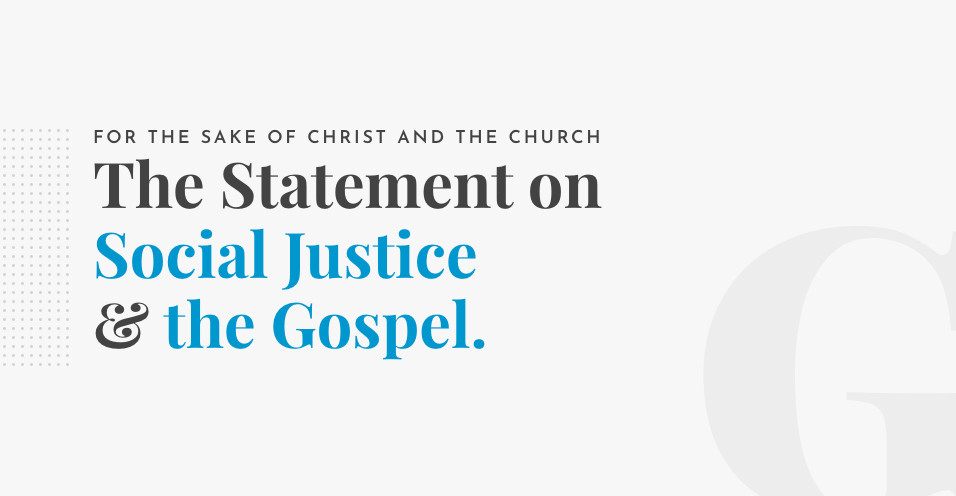In 1943, C. S. Lewis published The Abolition of Man in an attempt to warn the world about the Innovators, educators who were corrupting the minds of children, turning them into “men without chests.” If Lewis were to write again in 2019, he would find a formidable set of new Innovators to warn us about.
Login to read more
Sign in or create a free account to access Subscriber-only content.
Topics:
